July 29, 2010 – Much has been made recently of the news that the BIS last year completed a 380-tonne gold swap with an unnamed commercial bank. This BIS transaction intuitively strikes me as being hugely important. Unfortunately, the BIS and the bank involved have disclosed too little information for any of us outside the inner circle of central bankers to truly understand what is happening behind the scenes.
Consequently, there have been various interpretations by market participants of what the swap means, but the fingers kept pointing at Portugal. First, Portugal reports owning 382 tonnes of gold, which is very close to the weight of metal swapped with the BIS. Second, as one of the notorious over-indebted and spendthrift PIGS (Portugal, Italy, Greece and Spain), it is likely that Portugal might be willing to complete unusual and even extraordinary transactions in order to try improving its financial position.
I did not agree with the conventional interpretations of the BIS swap, but have held off airing my comments, until now. I have been waiting for at least some anecdotal evidence to substantiate my hunch about what the BIS swap means, and that evidence has now been reported by the Financial Times. Noting that “sovereign borrowers typically do not post collateral” on derivative trading, the FT reports that “Portugal has become the first eurozone country to agree to set aside cash – or other assets [possibly gold?] – against derivative transactions in a decision intended to reduce its funding costs.” Here is my thinking, beginning with some background information.
There are two sides to a swap, and therefore two potential reasons a swap would be made.
Before it was announced that the BIS completed the swap with a commercial bank, the mainstream interpretation was that a troubled sovereign borrower or perhaps even the ECB itself needed liquidity, so they used gold to borrow currency. But given its two-sided nature, there was also another potential reason for the swap even if it received little attention – the BIS may be running out of physical metal for its interventions in the gold market. So it needed to get its hands on some physical metal. Consequently, it swapped currency for physical gold (or perhaps to deliver on calls it had sold and were exercised).
Then after the BIS announced that it had completed the swap with a commercial bank, many observers – including me – were perplexed. If it were a traditional swap, the commercial bank would have 380 tonnes of gold in its possession, which is a highly unlikely proposition. Commercial banks are not in the business of owning gold; they are in the lending business. Clearly, if any commercial bank had owned gold, which is highly unlikely I might add, the gold would have already been loaned out.
So this news by the BIS that it completed the swap with a commercial bank left me scratching my head.
One possibility was that the commercial bank would have had to borrow the 380 tonnes from a central bank and then swapped with the BIS, but this supposition raises another question. Why would there be any commercial bank involved? Why wouldn’t the central bank with the gold just swap directly with the BIS, as France did with Germany in a currency crisis some two decades ago when the Exchange Rate Mechanism was still in place? Undoubtedly, some other factors are at work here, which is why the FT report is important. My conclusion is that we are seeing with the BIS announcement some ‘window dressing’ of a sovereign debtor’s balance sheet, and the early finger pointing at Portugal was probably accurate.
It has long been recognized that Portugal is active in the gold market. It had loaned gold to Drexel Burnham in the 1980s, which became public information as a consequence of that high-flying investment bank’s collapse. So it is not farfetched to assume that Portugal had loaned its remaining gold to a commercial bank, which meant that Portugal was exposed to the credit risk of this bank.
Now consider for a moment, what if that gold loan had been made by Portugal to Citibank or some other zombie bank? It wouldn’t look very good on Portugal’s balance sheet to be owed 380 tonnes of gold by a near-bankrupt institution. Given that Portugal is taking steps to “to reduce its funding costs” as the FT reports, it would be logical for it to get rid of that gold loan.
The best choice of course would be to demand repayment of the loan and put the 380 tonnes of gold back in its vault. That action though would drive the gold price sky-high, given the dearth of sellers of physical metal at current prices. Sky-high prices would blow-up the gold cartel and its efforts to continue capping the gold price as it operates its staged retreat, letting gold rise every year but not too much so as to not draw everyone’s attention to it and the resulting consequences of ever-depreciating fiat currencies. So enter the BIS.
It swaps currency for the gold loan at the commercial bank. In other words, the 380 tonnes of gold is now owed to Portugal by the BIS, improving considerably the quality of Portugal’s balance sheet. After all, who would you rather have owing gold to you? Some commercial bank like Citibank or the central banks’ own central bank, the BIS? Clearly, being owed gold by the BIS instead of a zombie bank would be one way for Portugal to “reduce its funding costs” by improving the quality of its balance sheet.
Of course, all of the above is just reasoned speculation at this point. My explanation to decipher the BIS swap seems logical, but we will never know for sure the true reason because central banks continue to operate in secret behind closed doors.

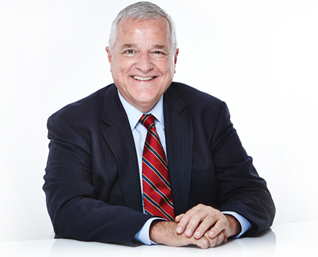

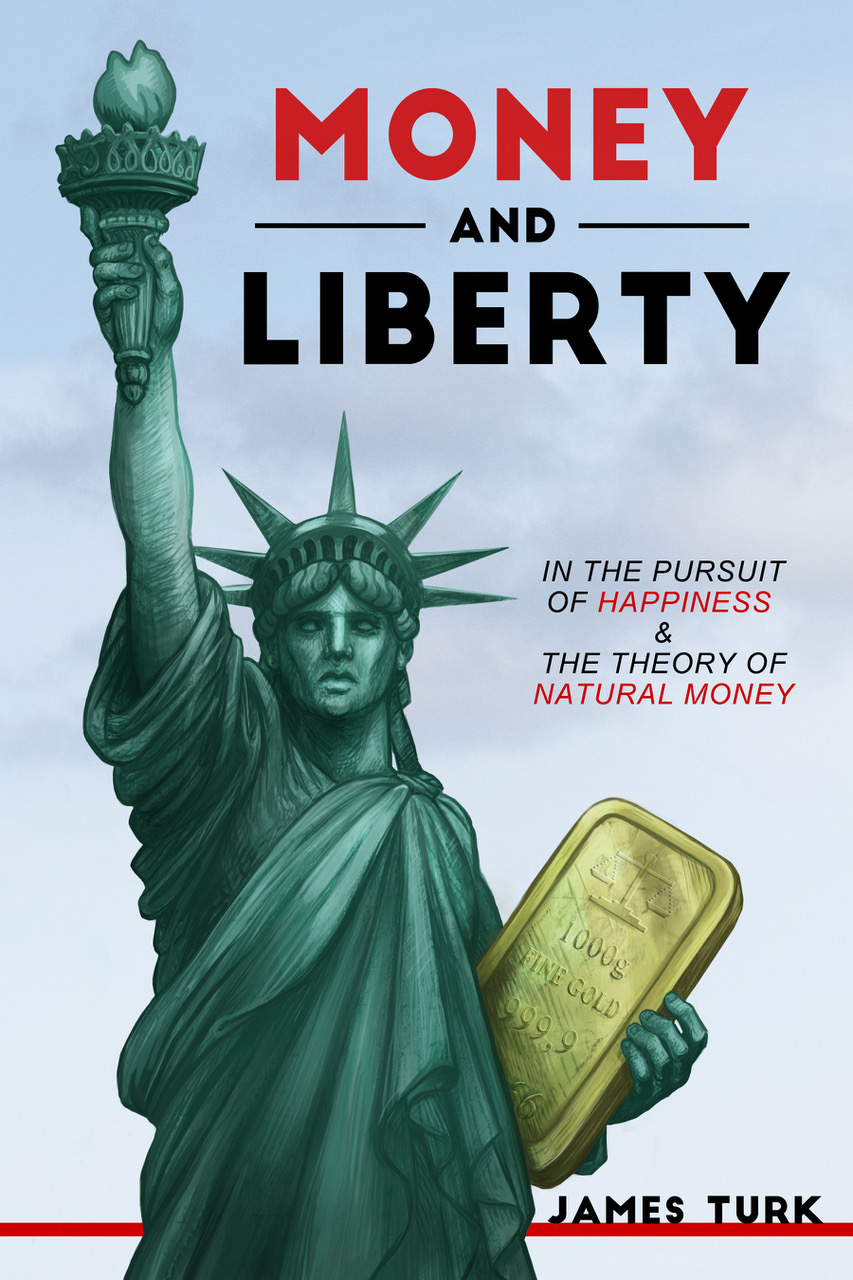
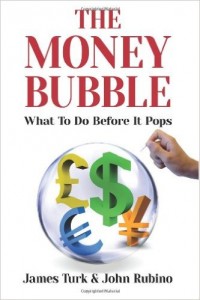
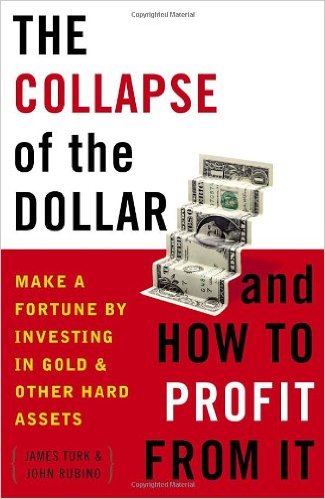
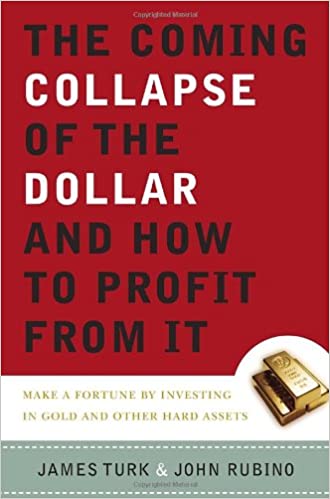
 My objective is to share with you my views on gold, which in recent decades has become one of the world’s most misunderstood asset classes. This low level of knowledge about gold creates a wonderful opportunity and competitive edge to everyone who truly understands gold and money.
My objective is to share with you my views on gold, which in recent decades has become one of the world’s most misunderstood asset classes. This low level of knowledge about gold creates a wonderful opportunity and competitive edge to everyone who truly understands gold and money.
Leave a Comment